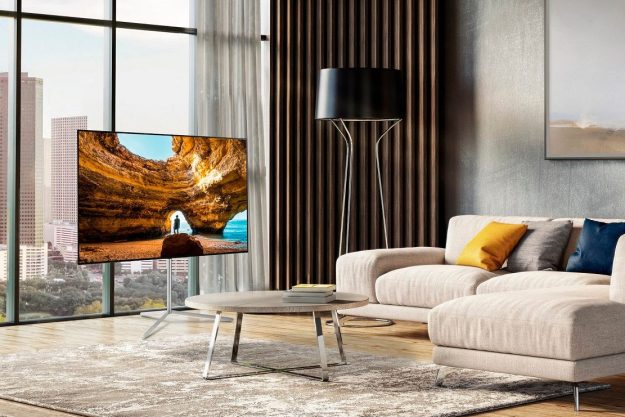
When Plex Cloud launched, Plex partnered with Amazon, which provided the horsepower behind the cloud server, making for much easier setup and eliminates the need for a constantly running computer in your home. Eventually, the company has added more storage options like Dropbox, Google Drive, and OneDrive, making Plex Cloud even more flexible, before dropping support for Amazon Drive completely.
Dropbox Pro offers 1TB of storage for $10 per month or $100 per year. Google Drive offers a range of storage from 15GB for free, to 1TB for $10 per month, all the way up to 30TB for $300 per month — no annual pricing is available. Finally, OneDrive offers 50GB for $2 per month, with more storage available to Office 365 customers, including 1TB for $7 per month, but this also includes access to Microsoft Word, Excel, and the rest of the Office 365 suite.
Plex says the setup is simplified to the point that installation can be done with a single click. Plex Media Server’s powerful transcoding ability is even included, something that you would not necessarily expect from a cloud service. Plex Cloud is an entirely separate Plex Media Server instance, not a copy of your existing setup, so users don’t have to worry about giving up their home servers.
What you end up with is a Plex Media Server just like the one at home, only it is not driving up your electricity bill and you do not have to worry about your ever-shrinking hard drive space. Almost every feature of a standard Plex Media Server installation is here, though currently a few features like Camera Upload and Offline Sync are not available. Plex says it is currently working on those features and they will eventually end up in Plex Cloud. A few features that would not make sense in Plex Cloud — Cloud Sync, DLNA, and DVR — are also excluded.
As mentioned above, to use Plex Cloud, you will need a Plex Pass subscription, which costs $5 per month or $40 per year, though you can also spring for a lifetime subscription for $150. If you’re not sure you want to subscribe just yet, check out our hands-on coverage of Plex Cloud for a better look at what it’s like in action.
Updated on 03-09-2017 by Kris Wouk: Edited to add that Plex Cloud is now open to all Plex Pass subscribers.


